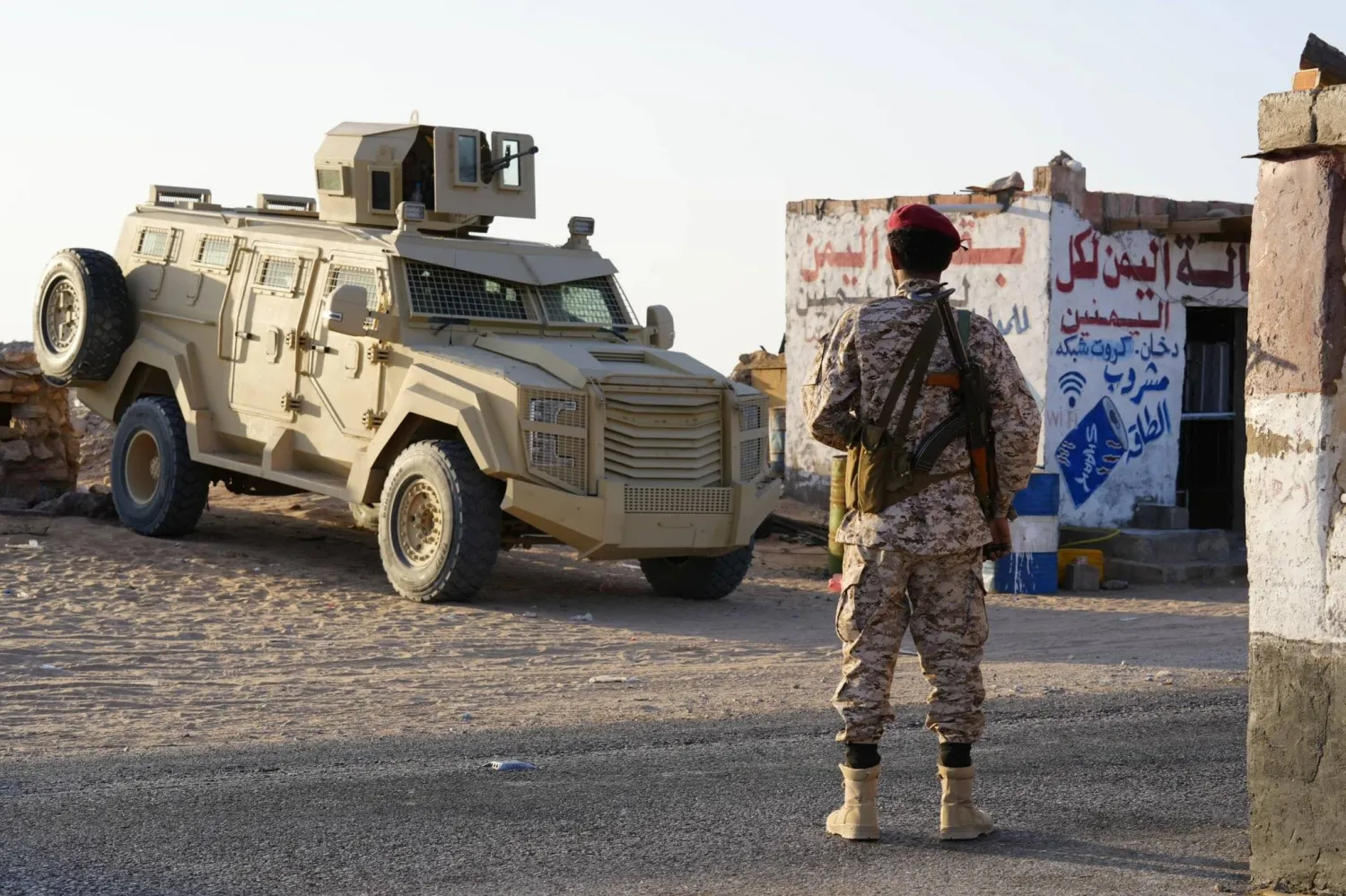Intense pressure from residents and local leaders in Lebanon’s southern border town of Rmeish has delayed the withdrawal of Internal Security Forces, just days after the Lebanese Army had already left.
Residents are determined to keep a government presence in their town, refusing to be “left to their fate.” Security officials, however, want to avoid any confrontation with Israeli soldiers, who continue trying to breach the country’s southern border.
Rmeish’s parish priest, Father Najib Al-Ameel, said their efforts led to the decision to keep the security forces in place.
“There hasn’t been any army presence for days, and even the military clinic has closed. Now, we only have one clinic left, and the nearest hospital is in Tyre,” he said.
Speaking to Asharq Al-Awsat, Father Al-Ameel added that around 6,000 people remain in the town, while those who left did so mostly for health reasons.
Explaining why they stay when others have fled, he said: “We don’t have fighters or military posts. Our town is exposed, and anyone firing from here would be easily seen.”
He also mentioned reassurances from the Vatican’s ambassador to Lebanon, who has visited several times since Oct. 7 to support their decision to stay.
Rmeish and other Christian villages in southern Lebanon haven’t faced shortages, with supplies reaching them under army and UNIFIL protection. However, residents now worry about future deliveries after the army’s withdrawal.
Security sources told Asharq Al-Awsat that the army hasn’t fully left the area, saying two brigades and a regiment remain.
They explained that Israeli forces have targeted both the army and UNIFIL, and some supply routes have been cut.
“We’re trying to avoid clashes with enemy soldiers,” the sources said.
Since the conflict between Hezbollah and Israel began in Oct. 2023, Christian villages along the border haven’t been directly targeted by Israeli strikes.
The focus has been on Hezbollah positions and later expanded to Shiite villages, forcing Shiite residents to flee.
In the eastern border town of Qlaiaa, which also has a Christian majority, most residents have stayed.
One local told Asharq Al-Awsat that they’ve received assurances that they won’t be targeted by Israel.
“Supplies are still reaching us, so we see no reason to leave. We also fear that if we go, militants could move in and launch attacks, putting our village in danger,” they said.









